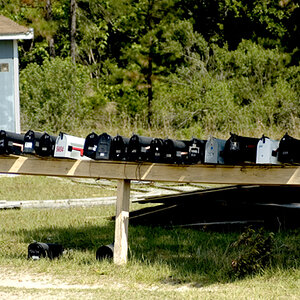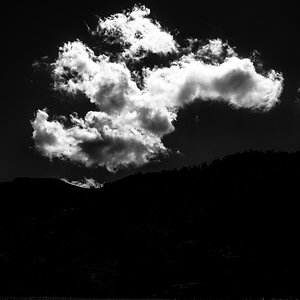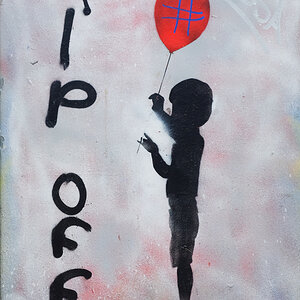Axel
TPF Noob!
I have been reading some photo magazines and I see that a lot of pros are saying that they prefer the digital cameras.
I have always thought that the 35mm film cameras are way better... At least that's what I was told a few years ago.
What are the advantages/disadvantages (apart from the obvious "you can see what you have shot immediately" when it comes to digital) with the two types?
And a last one; Are digital cameras here to stay? Somebody told me not too long ago that the film cameras have survived all other "inventions" as the preferred ones among pros.
An example: Which camera performs the best: Nikon's F6 or Canon's EOS-1DS MARK II? Or should I say Canon's EOS-1v or Canon's EOS 1DS MARKII... What I mean is, if you take the top models from either company, is it to prefer the digital or the film camera?
Input, please!
I have always thought that the 35mm film cameras are way better... At least that's what I was told a few years ago.
What are the advantages/disadvantages (apart from the obvious "you can see what you have shot immediately" when it comes to digital) with the two types?
And a last one; Are digital cameras here to stay? Somebody told me not too long ago that the film cameras have survived all other "inventions" as the preferred ones among pros.
An example: Which camera performs the best: Nikon's F6 or Canon's EOS-1DS MARK II? Or should I say Canon's EOS-1v or Canon's EOS 1DS MARKII... What I mean is, if you take the top models from either company, is it to prefer the digital or the film camera?
Input, please!



![[No title]](/data/xfmg/thumbnail/33/33489-cc76e5d22658c0f79ccb4ae9d307610d.jpg?1619736003)



